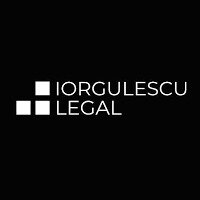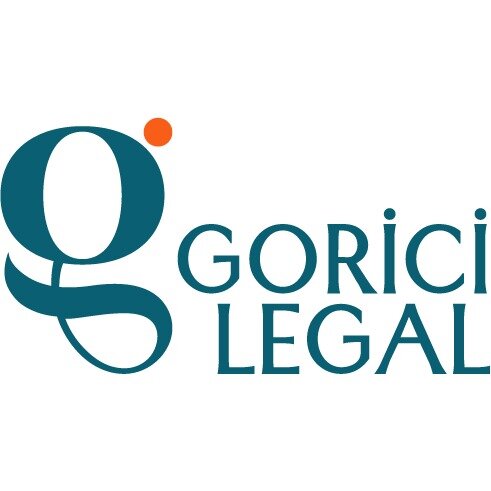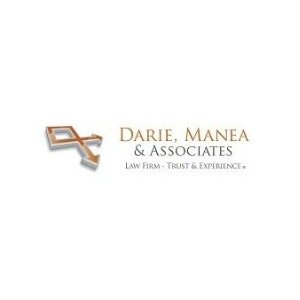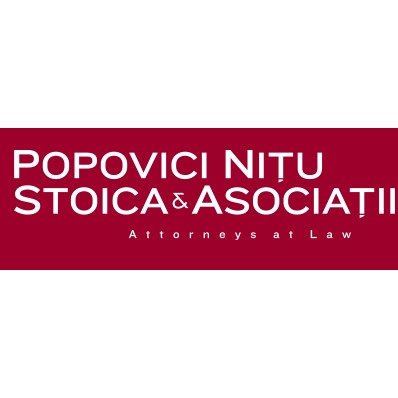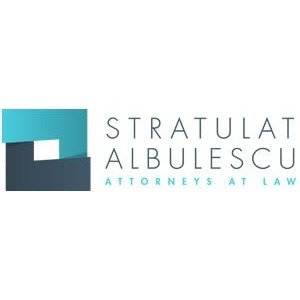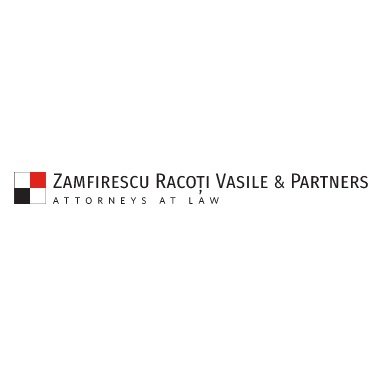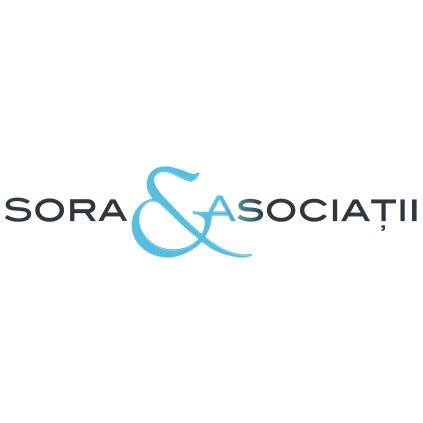Best Art & Cultural Property Law Lawyers in Bucharest
Share your needs with us, get contacted by law firms.
Free. Takes 2 min.
List of the best lawyers in Bucharest, Romania
About Art & Cultural Property Law in Bucharest, Romania
Art & Cultural Property Law in Bucharest, Romania, encompasses the legal regulations and frameworks that govern the creation, protection, ownership, and transfer of artworks and cultural properties. This law is particularly important in Romania due to the country's rich historical and cultural heritage, which includes artifacts, monuments, and works of art. Given Romania's commitment to preserving its cultural legacy, these laws aim to ensure that such properties are safeguarded against illegal trafficking, acquisition, and exportation.
Why You May Need a Lawyer
Individuals and organizations may require legal assistance in Art & Cultural Property Law for various reasons. Whether you're an artist, collector, museum curator, or a cultural institution, you may need a lawyer in situations such as:
- Disputes regarding ownership or provenance of art and cultural objects.
- Negotiating sales and acquisitions of artworks and artifacts.
- Handling cases of art theft or fraud.
- Complying with national and international laws that govern the protection and export of cultural properties.
- Advising on intellectual property rights related to artworks.
Local Laws Overview
The legal framework in Bucharest, Romania, concerning Art & Cultural Property Law is comprehensive and consists of national laws, as well as compliance with international treaties such as UNESCO conventions. Key aspects include:
- Law no. 182/2000: This law covers the protection of movable cultural heritage, focusing on preventing illicit trade and ensuring proper documentation.
- Law no. 422/2001: Pertains to the protection of historical monuments, regulating their conservation, restoration, and enhancement.
- European Union Regulations: Romania, as an EU member state, adheres to EU regulations which include directives on the return of cultural objects unlawfully removed from the territory of an EU country.
- Customs Laws: Regulate the export and import of cultural goods, requiring appropriate documentation and permits.
Frequently Asked Questions
What constitutes a cultural property in Romania?
Cultural property includes objects, sites, and buildings that hold historical, artistic, scientific, or archaeological significance. These are protected by Romanian national laws and international treaties.
Can I legally export a Romanian cultural object?
Exporting cultural objects requires a certificate from the Romanian Ministry of Culture. Unauthorized export is subject to penalties under Romanian law.
What should I do if I suspect an art piece is stolen?
Contact local authorities and a lawyer experienced in art law immediately to report the piece and investigate its provenance.
How is the ownership of cultural property verified?
Ownership is often verified through provenance research, focusing on the documented history of the item and any legal transactions involving it.
What international conventions protect cultural property?
Key conventions include the 1970 UNESCO Convention on Cultural Property Protection and the 1995 UNIDROIT Convention on Stolen or Illegally Exported Cultural Objects.
Is there a specific court for disputes involving cultural properties?
Disputes can be handled by civil courts, but specialized arbitration may be suitable for complex international cases involving art and cultural property.
How are art fraud and theft addressed legally?
Art fraud and theft are criminal offenses in Romania, prosecuted under the Criminal Code, and may involve punitive measures, including fines and imprisonment.
What are the consequences of non-compliance with art and cultural property laws?
Non-compliance can lead to legal disputes, financial penalties, and reputational damage, and could even result in the confiscation of the art or cultural property.
Can I access public cultural properties in Bucharest legally?
Yes, public cultural properties such as museums and historical sites are generally accessible, but they are subject to rules that protect their preservation.
How does one go about restoring a cultural property?
Restoration must comply with standards set by Romanian law, and it is recommended to engage professionals accredited in art and conservation techniques.
Additional Resources
For further assistance, consider the following resources:
- Ministry of Culture in Romania: Provides guidance and certification for cultural property matters.
- The Romanian National Heritage Institute: Offers support for the preservation and documentation of cultural heritage.
- Legal Aid Services: For those in need of legal help but facing financial constraints.
- Law Firms Specializing in Art Law: Several firms offer services tailored to art and cultural property matters.
Next Steps
If you require legal assistance in Art & Cultural Property Law, here are some suggested steps:
- Research and reach out to specialized law firms and practitioners in Bucharest with expertise in art law.
- Gather all relevant documentation related to your case, such as provenance records, transaction certificates, and legal titles.
- Prepare a concise summary of your issue to communicate effectively with your legal advisor.
- Consider reaching out to your local Bar Association for recommendations and verification of credentials.
Lawzana helps you find the best lawyers and law firms in Bucharest through a curated and pre-screened list of qualified legal professionals. Our platform offers rankings and detailed profiles of attorneys and law firms, allowing you to compare based on practice areas, including Art & Cultural Property Law, experience, and client feedback.
Each profile includes a description of the firm's areas of practice, client reviews, team members and partners, year of establishment, spoken languages, office locations, contact information, social media presence, and any published articles or resources. Most firms on our platform speak English and are experienced in both local and international legal matters.
Get a quote from top-rated law firms in Bucharest, Romania — quickly, securely, and without unnecessary hassle.
Disclaimer:
The information provided on this page is for general informational purposes only and does not constitute legal advice. While we strive to ensure the accuracy and relevance of the content, legal information may change over time, and interpretations of the law can vary. You should always consult with a qualified legal professional for advice specific to your situation.
We disclaim all liability for actions taken or not taken based on the content of this page. If you believe any information is incorrect or outdated, please contact us, and we will review and update it where appropriate.



